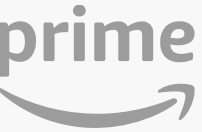Five Eyes, Nine Eyes, 14 Eyes Surveillance: In recent years, the topic of privacy has sparked widespread debate and growing concern. If you’ve been following discussions around digital privacy, you’ve likely come across the terms Five Eyes, Nine Eyes, and Fourteen Eyes. These alliances play a significant role in shaping global surveillance and data-sharing policies. In this post, we’ll break down what these alliances mean, which countries are involved, and how they impact online privacy around the world.
What Are the Five Eyes, Nine Eyes, and Fourteen Eyes Alliances?
Privacy expectations vary from person to person—some people are comfortable sharing details about their lives, while others prefer to keep everything private. But when we zoom out to a national or global level, privacy concerns are increasingly centered on the digital world. This shift is no surprise. With most communication, data exchange, and financial transactions happening online, digital privacy has become a major issue. And for both privacy experts and everyday internet users, the idea of government surveillance and international intelligence-sharing agreements is raising red flags.
Privacy Alert! Your data is exposed to the websites you visit! The information above can be used to track you, target you for ads, and monitor what you do online. We recommend ExpressVPN — the #1 VPN out of over 350 providers we've tested. It has military-grade encryption and privacy features that will ensure your digital security, plus — it's currently offering 48% off.


Five Eyes Alliance
The Five Eyes is a powerful intelligence-sharing alliance made up of five countries: the United States, the United Kingdom, Canada, Australia, and New Zealand. These nations collaborate by collecting intelligence globally and sharing it among themselves, primarily for purposes related to national security, defense, and peacekeeping. In addition to exchanging information, the agreement also allows for the sharing of personnel between intelligence agencies across member nations.
Origins and Background
The roots of the Five Eyes alliance trace back to the 1940s, shortly after World War II, when the UK and the US formed a cooperative surveillance pact known as the UKUSA Agreement. This agreement laid the foundation for collaboration between the National Security Agency (NSA) in the United States and the Government Communications Headquarters (GCHQ) in the United Kingdom. As the partnership evolved, Canada, Australia, and New Zealand were brought into the fold. Their inclusion expanded the alliance’s global reach and resources, making it easier to gather intelligence from different parts of the world. With their addition, the modern Five Eyes alliance was officially established.
Member Nation Intelligence Agencies
Each country within the Five Eyes alliance operates its own dedicated intelligence agency, specializing in signals intelligence and surveillance:
- United States – National Security Agency (NSA)
- United Kingdom – Government Communications Headquarters (GCHQ)
- Australia – Australian Signals Directorate (ASD)
- Canada – Communications Security Establishment (CSE)
- New Zealand – Government Communications Security Bureau (GCSB)
Together, these agencies form one of the most powerful surveillance coalitions in the world.
What Do the Five Eyes Agencies Actually Do?
While it’s nearly impossible to know the full extent of what these intelligence agencies do—given their secretive nature—we do know that their core mission involves global surveillance and intelligence gathering. In fact, the Five Eyes alliance wasn’t even officially acknowledged by any government until 1999. That said, over time, leaks and whistleblower revelations have shed some light on their operations. In simple terms, these agencies spy on other nations using a variety of tools and technologies. Their primary goals include identifying potential threats, monitoring geopolitical activities, and ensuring national security.
As part of their agreement, each member country is responsible for surveillance in specific regions:
- USA – Middle East, Russia, China, and Africa
- UK – Europe and the Middle East
- New Zealand – Western Pacific
- Australia – South and East Asia
- Canada – Russia and Latin America
Privacy protection and transparency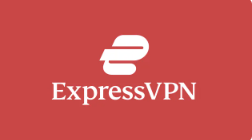
Best overall VPN with a free trial
ExpressVPN
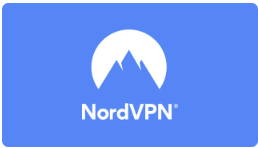
Major Surveillance Programs of the Five Eyes Alliance
Here are some of the key programs known to be used by the alliance:
ECHELON
Led by the NSA, ECHELON is a global surveillance system designed to automatically intercept and analyze electronic and satellite communications. First revealed by former NSA analyst Perry Fellwock in 1972, its existence was later confirmed by Edward Snowden. ECHELON scans millions of messages—emails, phone calls, and texts—for specific keywords or phrases linked to potential threats. If such terms are found, human analysts are alerted to investigate further. The system has also reportedly been used to spy on citizens across multiple countries.
TEMPORA
Developed and operated by the UK’s GCHQ, TEMPORA is similar to ECHELON but focuses on internet surveillance. It taps into fiber-optic cables to intercept online data such as emails, social media activity, and browsing history. TEMPORA also uses keyword detection to flag suspicious content. Like ECHELON, it was brought into public view by Snowden’s 2013 revelations.
XKEYSCORE
Also exposed by Edward Snowden, XKEYSCORE is often referred to as the most comprehensive surveillance tool developed by the NSA. Unlike the other two systems, XKEYSCORE can track virtually any kind of digital activity—including emails, chats, browsing history, and even GPS locations. According to Snowden, it gives analysts the power to monitor “almost anyone, anywhere.” The NSA has claimed that its use is strictly limited to national security purposes, and access is granted to only a select group of authorized personnel. These surveillance tools, while designed for security, have raised serious concerns around privacy, overreach, and misuse, especially when it comes to the monitoring of private citizens without consent.
Nine Eyes Alliance
The Nine Eyes Alliance is essentially an extension of the original Five Eyes network. In addition to the five core countries (USA, UK, Canada, Australia, and New Zealand), it includes four more nations: Denmark, France, Norway, and the Netherlands. This expansion allowed for wider surveillance coverage and greater intelligence sharing—particularly beneficial to powerhouses like the US and UK. However, the level of cooperation within the Nine Eyes alliance is not as deep as it is among the core Five Eyes members.
The five founding nations share intelligence more openly and work in close coordination. In contrast, the additional four countries receive limited access to shared information and don’t have the same level of influence. In fact, despite being allies, there have been instances of mutual surveillance within this group. For example, France and the United States have been known to spy on each other—even though both are part of the Nine Eyes alliance.
Fourteen Eyes Alliance
The Fourteen Eyes alliance goes a step further by including five additional countries: Belgium, Italy, Germany, Spain, and Sweden. These nations form the outer circle of this intelligence-sharing network. However, their collaboration is more restricted, and they typically share information only when it serves their own national interests. The relationship within the Fourteen Eyes is looser and less coordinated than in the Five or Nine Eyes alliances, making it more of a strategic arrangement than a fully integrated network.
How Do the 5, 9, and 14 Eyes Alliances Impact Your Digital Privacy?
The mere fact that governments can monitor your digital activity at any time is alarming to many. While there isn’t definitive proof outlining the full extent of this surveillance, leaks from whistleblowers—like Edward Snowden—have revealed that these agencies have, in fact, engaged in mass surveillance of ordinary citizens.
Although intelligence agencies claim to follow ethical guidelines and laws, history suggests that those boundaries are often blurred. People naturally want to believe that their governments are acting in good faith. Yet, stories of widespread data collection without consent raise serious concerns about personal freedom and digital privacy. Some dismiss these issues as paranoia or conspiracies, while others argue, “If you’re not doing anything wrong, you have nothing to hide.” However, that line of thinking ignores the principle of individual privacy and the right to not be watched without cause.
Even beyond governments, private corporations gather vast amounts of data:
- Amazon knows your shopping habits
- Facebook knows your personal details, connections, and interests
- Navigation apps track your location history
Issues with the 5 Eyes, 9 Eyes, and 14 Eyes Alliances
Before the revelations made by Edward Snowden, many people held the belief that government surveillance agencies existed solely to protect the public. However, after the disclosures, that trust was deeply shaken. We’re now left questioning whether these agencies are also monitoring their own citizens, and whether they operate within any clear legal or ethical boundaries. One of the most troubling aspects is that these intelligence agencies aren’t accountable to any external oversight body, raising serious concerns about unchecked power and secrecy.
Another critical issue is the imbalance of power within these alliances. The Five Eyes countries are all English-speaking, majority-white nations, which has led to criticism that the alliance reinforces a global intelligence structure that excludes much of the world. No other alliance or agency currently rivals the surveillance capabilities of the Five Eyes, giving them a disproportionate level of control and access to sensitive global information. Even within the core alliance, there’s a noticeable hierarchy. The United States and the United Kingdom wield the most power and influence, often dominating key decisions and intelligence-sharing processes. This creates an uneven dynamic, both among the member countries and in their relationships with the rest of the world.
Best VPN For Streaming Safely
1. ExpressVPN — Best VPN With the Fastest Speeds for Smooth Streaming
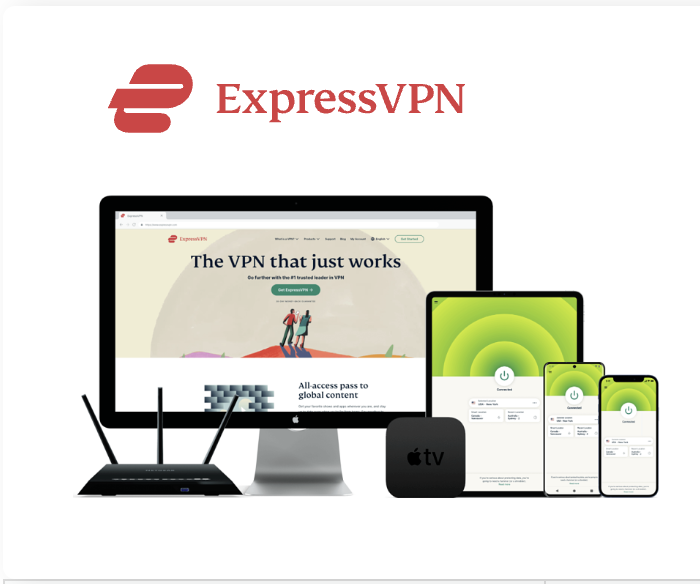
Best Feature
The fastest speeds we tested, ensuring you can stream, browse, game, and torrent without interruptions
Server Network
3,000 servers in 105 countries give you fast worldwide connections
Simultaneous Device Connections
Up to 8, so you can protect your compatible devices under one subscription
Works With
Netflix, Disney+, Amazon Prime Video, BBC iPlayer, (HBO) Max, Hulu, Vudu, DAZN, and more
2. NordVPN — Best VPN With the Fastest Speeds for Smooth Streaming

Best Feature
High security features and fast speeds for a reliable connection
Server Network
5,400 servers in 60 countries for improved accessibility and connection speeds
Simultaneous Device Connections
Up to 6 devices, suitable for protecting multiple devices simultaneously
Works With
Netflix, Disney+, Amazon Prime Video, BBC iPlayer, (HBO) Max, Hulu, Vudu, DAZN, and more
How to Protect Yourself from Global Surveillance
Whether or not governments are actively monitoring citizens can be debated, but what’s undeniable is that they possess the tools and infrastructure to do so. While it may not be possible to completely avoid surveillance, there are practical steps you can take to minimize your exposure and enhance your digital privacy.
Change the Way You Think About Privacy
One of the biggest challenges in digital privacy is the widespread belief that “if you have nothing to hide, you have nothing to fear.” This mindset is problematic because it assumes that data will always be used ethically. However, you have no control over how your data is collected, interpreted, or shared—especially when it falls into the hands of powerful institutions or third parties. Start by valuing your privacy, not because you’re hiding something, but because it’s a basic right that deserves protection.
Reduce Reliance on Smart Devices
From smart TVs and virtual assistants to fitness trackers and security systems, our homes are filled with devices that constantly gather and transmit data. The more you rely on smart tech, the more digital footprints you leave behind. Governments—particularly those in alliances like the Five Eyes—can access this kind of data through legal or covert channels. To limit exposure, consider minimizing the number of smart devices you use, or limit the amount of data they can collect by adjusting privacy settings and disconnecting unnecessary features.
Use a VPN to Stay Private Online
Since most surveillance happens over the internet, one of the most effective defenses is a Virtual Private Network (VPN). A VPN hides your IP address, encrypts your internet traffic, and prevents your ISP (and potentially your government) from tracking your online activities. This creates a private tunnel for your data, shielding you from most common surveillance tactics.
To make your VPN choice more effective:
- Select a VPN with servers located outside of the 14 Eyes countries to reduce the risk of data being accessed by surveillance-friendly governments.
- Opt for a VPN headquartered in a country with strong privacy laws and outside of intelligence-sharing alliances.
- Avoid free VPN services, as many have questionable privacy policies and may log your data.
- Research your country’s laws regarding VPN use to ensure you’re staying within legal boundaries.
By taking these steps, you can significantly reduce the chances of being tracked and help reclaim control over your digital privacy.
How the 5 Eyes, 9 Eyes, and 14 Eyes Alliances Impact VPN Usage
The 5 Eyes, 9 Eyes, and 14 Eyes agreements are global intelligence-sharing alliances. If any one country within the 14 Eyes group collects your online data, that information can be shared freely among other member nations. This raises serious privacy concerns—especially for those who rely on VPNs to protect their online activity. Many VPN users assume they’re completely anonymous, but not all VPNs are created equal, especially when they’re headquartered in surveillance-heavy countries. If a VPN provider operates within one of these countries, it may be legally compelled to hand over user data if requested by government authorities, depending on national privacy laws.
To ensure your VPN truly protects your privacy, consider the following four critical factors:
1. Your Physical Location
Start by understanding the privacy laws in your own country. If you live in one of the 14 Eyes nations, especially in the 5 Eyes (USA, UK, Canada, Australia, New Zealand), you face a higher risk of being monitored. These countries have a long track record of surveillance activities, and users in these regions should prioritize secure, no-log VPNs that offer strong encryption and privacy features.
2. The VPN Provider’s Home Base
Check where your VPN company is registered. If it’s based in any of the 14 Eyes countries, particularly the 5 Eyes, it may be subject to surveillance laws or court orders that force it to share user data with intelligence agencies. For maximum protection, opt for a VPN provider headquartered outside the 14 Eyes alliance, in a jurisdiction with strong privacy protections and no data retention requirements.
3. Server Location Choices
Even if your VPN provider is based in a privacy-respecting country, it still matters where their servers are located. If you connect to a server within a 14 Eyes country, local authorities may still have the power to intercept or request data from that server. Whenever possible, choose VPN servers located in non-14 Eyes countries to minimize exposure to international surveillance cooperation.
4. VPN Logging Policies
Finally, examine your VPN’s data logging policy. Reputable VPNs typically follow a zero-log policy, meaning they do not collect or store any identifying information about your activity or IP address. Be cautious of VPNs that log usage data or claim to be “no-logs” but store connection timestamps or other identifiers. Look for VPNs that are independently audited or have a proven track record of protecting user privacy under legal pressure. In short, to safeguard your privacy in a world monitored by global intelligence alliances, choosing the right VPN is crucial—and that means looking beyond marketing claims and into the legal, technical, and ethical foundations of the service.
VPN Jurisdiction in the 14 Eyes Countries
The table below summarizes the legality of VPNs in the 14 Eyes countries, along with some well-known VPN providers headquartered in each nation:
| Country | Alliance | VPN Providers | VPN Usage |
|---|---|---|---|
| United States | Five Eyes, Nine Eyes, 14 Eyes | IPVanish, Hide My IP, Hotspot Shield, Private Internet Access (PIA), Private Tunnel, TorGuard, StrongVPN, Touch VPN, SecureVPN, Norton Wifi Privacy, Speedify, VPN Unlimited, SwitchVPN, Ace VPN | Legal |
| United Kingdom | Five Eyes, Nine Eyes, 14 Eyes | SaferVPN, HideMyAss | Legal |
| Canada | Five Eyes, Nine Eyes, 14 Eyes | WindScribe, TunnelBear, Betternet, BTGuard VPN, SurfEasy | Legal |
| Australia | Five Eyes, Nine Eyes, 14 Eyes | Celo VPN, VPNSecure.me | Legal |
| New Zealand | Five Eyes, Nine Eyes, 14 Eyes | – | Legal |
| Denmark | Nine Eyes, 14 Eyes | – | Legal |
| France | Nine Eyes, 14 Eyes | – | Legal |
| Norway | Nine Eyes, 14 Eyes | Opera VPN | Legal |
| Netherlands | Nine Eyes, 14 Eyes | Goose VPN | Legal |
| Belgium | 14 Eyes | – | Legal |
| Italy | 14 Eyes | AirVPN | Legal |
| Germany | 14 Eyes | Zenmate, Avira Phantom | Legal |
| Spain | 14 Eyes | – | Legal |
| Sweden | 14 Eyes | PrivateVPN, Mullvad, AzireVPN, FrootVPN | Legal |
Best VPNs Outside the 14 Eyes Jurisdiction
Here are three top-tier VPN providers located outside the 14 Eyes alliance, making them ideal for users who prioritize privacy and online anonymity:
1. ExpressVPN
ExpressVPN is widely regarded as one of the most reliable VPN services on the market. Here’s why:
- Headquartered in the British Virgin Islands – outside the 14 Eyes jurisdiction
- Blazing-fast connection speeds across all global servers
- Military-grade encryption protocols to ensure maximum security
- Strict no-logs policy to protect user privacy
- Over 3,000 servers in 160 locations worldwide
- Supports up to 8 simultaneous device connections
- 30-day money-back guarantee
2. Surfshark
Surfshark is a budget-friendly yet powerful VPN with impressive features:
- Based in the British Virgin Islands – no data retention laws
- 1,000+ servers across 61 countries
- MultiHop mode for double VPN protection
- CleanWeb feature to block ads, trackers, and malware
- Competitive pricing for long-term plans
- Reliable connection speeds for smooth streaming and browsing
3. CyberGhost
CyberGhost is a long-established VPN service with a strong reputation for privacy:
- Located in Romania, outside the 14 Eyes alliance
- Advanced encryption standards for secure online activity
- 6,000+ servers in 89 countries
- Stable and consistent speeds
- Operates independently since 2001
- 24-hour free trial with no credit card required
These VPNs are ideal for avoiding surveillance risks associated with the 5/9/14 Eyes countries and offer excellent privacy, security, and value.
Best VPN deals this week:
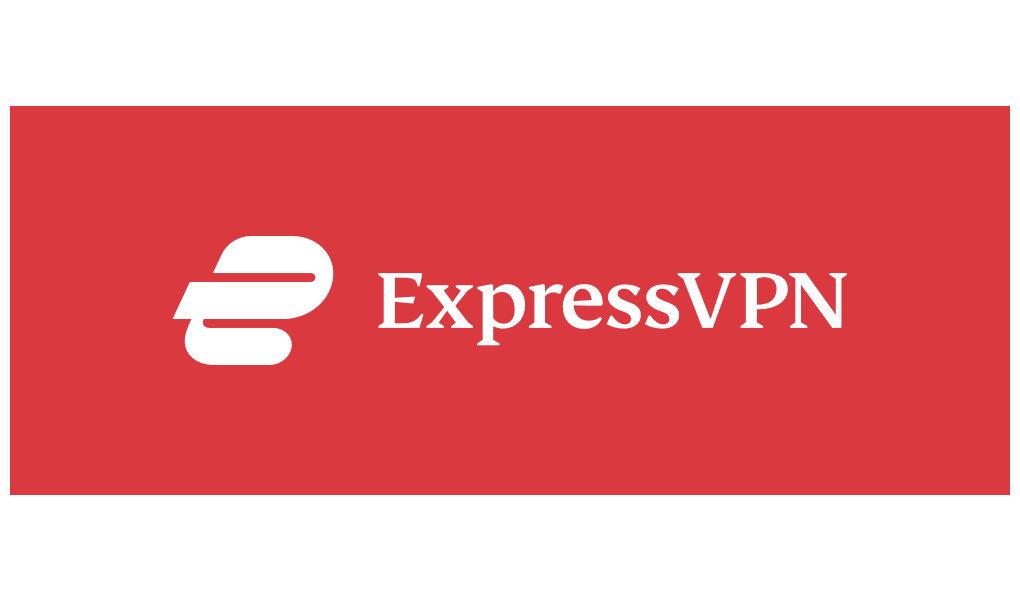
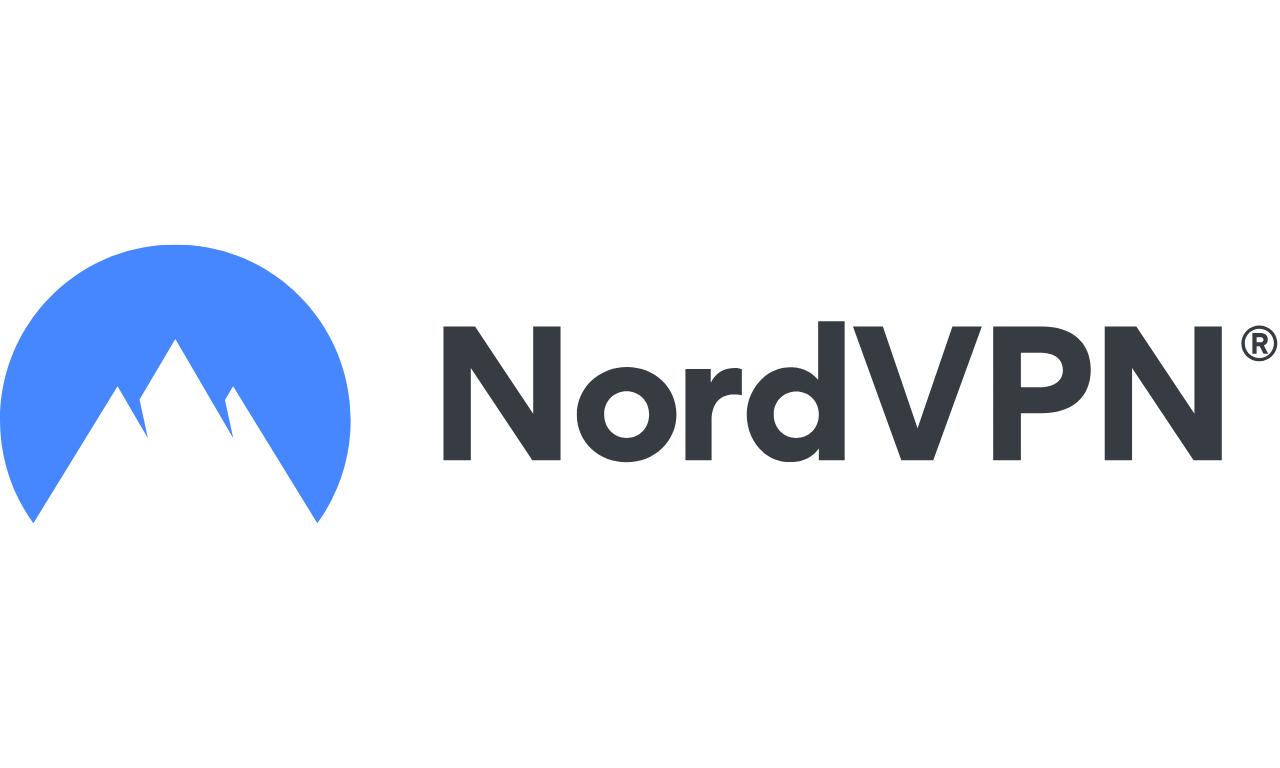
Our Top Pick: ExpressVPN – A Leading VPN for Privacy and Security
When choosing a reliable VPN service, we highly recommend ExpressVPN. Let’s explore some of the key features that make it stand out as a premium VPN provider.
| Feature | Details |
|---|---|
| Jurisdiction | British Virgin Islands |
| Servers | 3,000+ |
| Money-back Guarantee | 30 Days |
| Supported Apps | Windows, Mac, iOS, Android, Linux, Fire TV |
| Compatible With | Kodi, Torrenting, Netflix, Amazon Prime Video, Hulu, BBC iPlayer, Sky, HBO |
Pros
- VPN servers in 105 countries
- Lightning-fast speeds, ideal for streaming
- Strict no-logs policy
- Strong 256-bit encryption
- No streaming restrictions
- Unlimited bandwidth
- Network Lock (Kill Switch) feature
- Unblocks Netflix and BBC iPlayer
- Safe for P2P and torrenting
- Easy-to-use dedicated apps for all devices
- Supports 8 simultaneous connections
- Excellent 24/7 live chat and email support
- Accepts Bitcoin payments
- 30-day money-back guarantee
Cons
-
No free trial available
Why ExpressVPN is Our Top Choice
- Privacy-Friendly Jurisdiction: Based in the British Virgin Islands, well outside the 14 Eyes countries’ jurisdiction.
- No Activity Logs: ExpressVPN does not log your real IP address or browsing history, ensuring your online activity remains completely anonymous.
- Fast & Reliable: Enjoy blazing fast speeds with over 3,000 servers across 160 locations in 94 countries worldwide.
- Outstanding Customer Support: Available 24/7 via live chat, email, and support tickets with fast response times. Our own experience showed a reply within 2 minutes through live chat.
- Cross-Platform Compatibility: Works seamlessly on Windows, Mac, Linux, iOS, Android, and routers.
- Flexible Pricing: Offers affordable plans from monthly to annual subscriptions, often with generous discounts.
Final Thoughts
The 5 Eyes, 9 Eyes, and 14 Eyes alliances form a powerful global surveillance network with little external oversight, making privacy a serious concern. The revelations from Edward Snowden have cast doubts on how these intelligence agencies operate, raising questions about the safety of our data. Even if we can’t be certain whether we’re being monitored, it’s crucial for us as individuals to stay informed and vigilant. We hope this overview of intelligence alliances helps educate and remind you that protecting your privacy is ultimately your responsibility. As a closing recommendation, follow the privacy tips shared earlier and consider using trusted VPNs like ExpressVPN to safeguard your online activities. You may not know if or when these surveillance alliances could impact you, but taking proactive steps is always wise.
Frequently Asked Questions
What makes ExpressVPN a better choice compared to other VPNs?
ExpressVPN stands out due to its strong privacy policies, being based outside the 14 Eyes jurisdiction, offering blazing fast speeds, a wide network of over 3,000 servers across 94 countries, and excellent 24/7 customer support. It also supports multiple devices and streaming platforms, making it versatile and reliable.
Is it safe to use a VPN based in a 14 Eyes country?
Using a VPN headquartered in a 14 Eyes country can pose risks, as those governments may compel VPN providers to share user data. For stronger privacy, it’s recommended to choose VPNs based outside these surveillance alliances.
How does a VPN’s no-log policy protect my privacy?
A strict no-log policy ensures that the VPN provider does not store your IP address, browsing history, or any other identifiable data. This means even if requested, the VPN company cannot hand over information about your online activities.
Can using a VPN unblock streaming services like Netflix or BBC iPlayer?
Yes, many premium VPNs, including ExpressVPN, have features designed to bypass geo-restrictions, allowing access to popular streaming services like Netflix, BBC iPlayer, Hulu, and Amazon Prime Video without limitations.
Why should I consider the physical location of my VPN provider?
The physical location determines which country’s laws govern the VPN provider. Providers based in surveillance-heavy countries may be subject to government data requests, which can compromise your privacy. Choosing a VPN outside such jurisdictions enhances your data security.
How important is customer support when choosing a VPN?
Reliable customer support is crucial, especially if you encounter technical issues or need help configuring the VPN. Providers like ExpressVPN offer 24/7 live chat and quick response times, ensuring users get timely assistance.
Best VPNs for Streaming — Final Score:
Rank
Provider
Overall Score
Best Deal
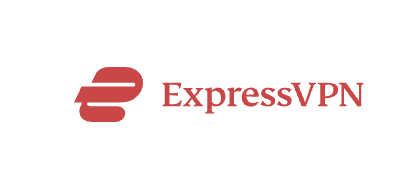
9.8
★★★★★
save 84%
VISIT WEBSITE >

9.6
★★★★★
save 83%
VISIT WEBSITE >
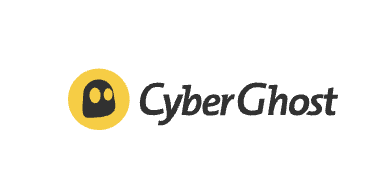
9.4
★★★★★
save 84%
VISIT WEBSITE >







